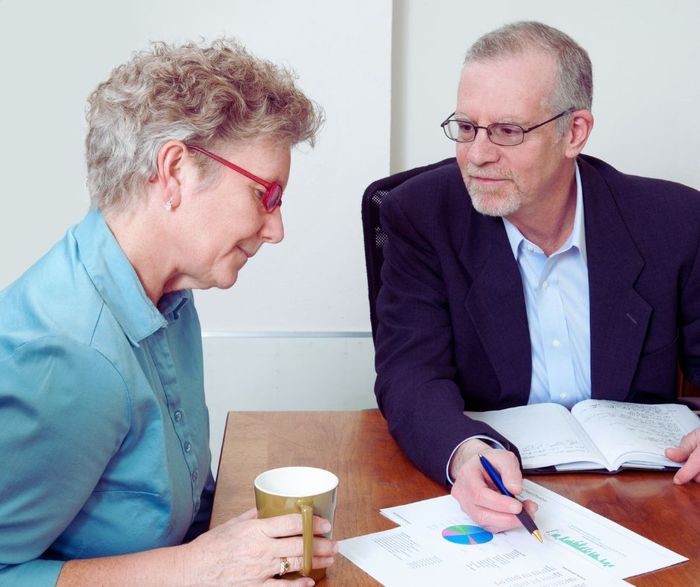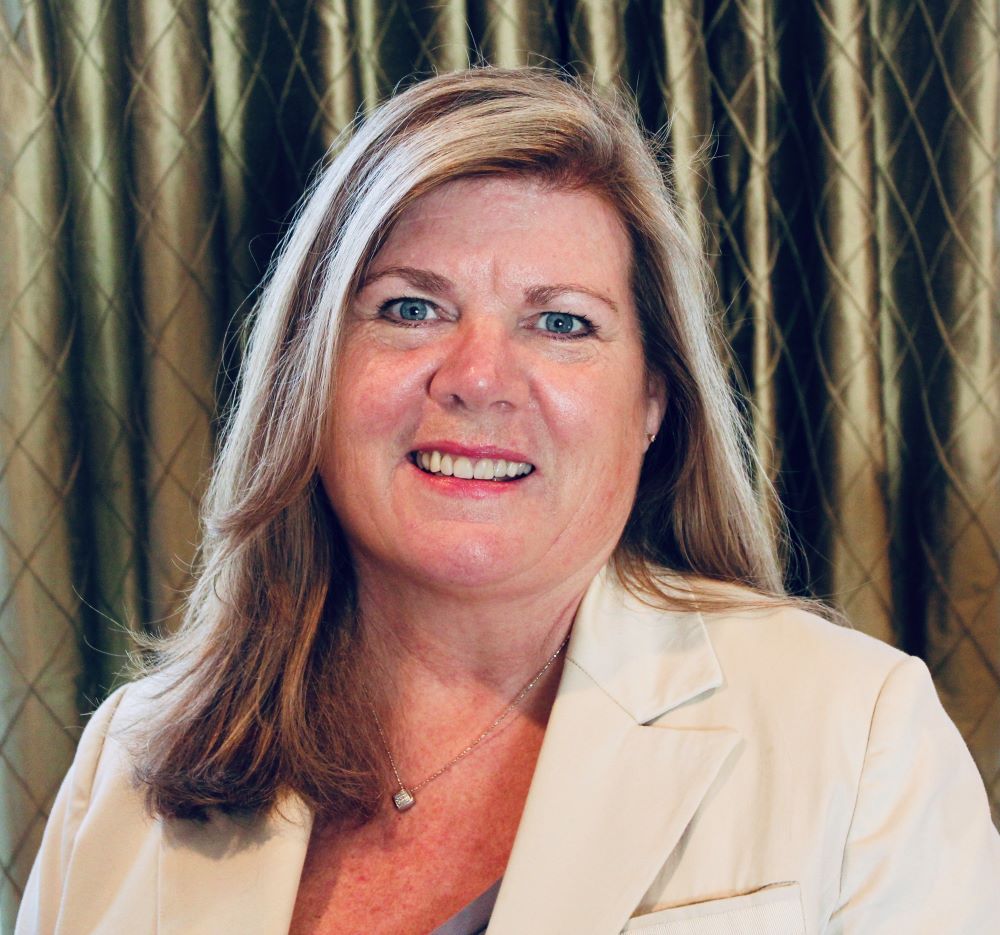Dear Financial Planners and Advisors: Retirement Planning Isn’t Just About the Numbers—It’s About the Person

After speaking with numerous financial planners and advisors, I’ve been struck not by the clarity of their insights—but by the disconnect between what they believe their clients needs are in planning for their retirement and how they still view their role in supporting this.
What I expected were forward-thinking conversations about how to meet the evolving needs of clients facing longer retirements, rising uncertainty, and shifting priorities. What I encountered instead was a surprising resistance to change—and in some cases, an outright dismissal of the disruption already reshaping the landscape.
Let’s be clear: the traditional model of retirement planning is under pressure. Clients are no longer just looking for someone to manage their money—they're looking for guidance on how to live meaningful, financially secure lives in a world that feels increasingly unpredictable.
And while that might sound like a threat to the old guard, I believe it presents a massive opportunity for those willing to evolve.
I wrote the following letter not as a critique, but more of a call to action as to how I believe the role of a financial planners and advisors need to evolve to stay relevant and create deeper value for their clients in our rapidly changing world.
Dear Financial Planners and Advisors;
I realize that you’ve probably helped many clients grow their retirement savings. You’ve tracked the markets, rebalanced portfolios, and coached people through volatility and uncertainty. You’ve helped them get to retirement.
But here’s a hard truth: this is just not enough anymore.
Because when someone is planning for retirement or when they retire, what they really need isn’t just investment advice or projections on a spreadsheet. What they need is a guide—someone who truly understands who they are, how they want to live, and what really matters to them now that work is behind them.
And if you don’t step into this role - you are missing out on a massive opportunity. An opportunity to provide your clients value.
And without adding this extra value, robo-advisors and AI is actively stepping into this space faster, cheaper and more efficiently than any thing you could ever do. You just have to look at your client's kids - are they clamoring in their parents footsteps to use your services or are they selecting to use online investment tools and services?
First Recognize The Retirement Shift Is Deep—and It’s Personal
Whether we want to face it or not, most people are not emotionally or logistically prepared for retirement. Even if they have a big nest egg sitting in their pension plans, they’re not sure how to turn this into a paycheck. They’re unsure about taxes, health care, and one of their biggest fears - how to make sure that they don't outlive their money. But even beyond this...
They’re unsure of what comes next.
Who are they now that they’re no longer defined by their career? What will give them purpose? How do they stay active, connected, fulfilled?
These are the questions that define retirement—and fortunately for you, the ones that robo-advisors can’t answer.
It’s Not About “Safe Withdrawal Rates.” It’s About the Life They Want.
Yes, your client needs a smart withdrawal strategy. But what they need more is a life plan—one that aligns their money with the life they want to live.
That starts with understanding their story:
Do they want to travel? Move closer to grandkids?
Do they want to volunteer, consult, or start a side project?
Are they caring for a spouse or aging parent?
Are they dreaming of a quiet cabin, or a city apartment with museums and energy?
None of these goals live on a spreadsheet. But they all shape their personal financial strategy.
Too many planners skip this step and go straight to projections. But here’s the thing: the plan won’t work if it’s not built around the life your client actually wants to live.
What Sets You Apart Isn’t Your Investment Strategy—It’s Your Relationship
Let’s be honest: a robo-advisor can create a decent financial asset allocation model. It can rebalance. It can even factor in risk tolerance.
But a robo-advisor will never look a client in the eye and say:
“I hear that you’re worried about losing your sense of purpose in retirement. Let’s talk about what might give you meaning.”
It won’t say:
“I know you love spending time with your grandkids—let’s make sure you can afford those trips without worrying.”
It can’t catch the emotion behind a widow’s pause when you softly and empathetically ask about her next phase of life.
It won’t remember that a client’s dream has always been to take a month-long road trip with their partner. But you can.
This is your value. Not the portfolio. Not the pie chart. It's your relationship.
Retirement Isn’t One Conversation—It’s a Lifelong Dialogue
Many planners and advisors unintentionally go quiet after a client retires. After all, the accumulation phase is over. The projections are done. Right?
Wrong.
Retirement is a series of transitions:
Downsizing, relocating or home modifications
Taking care of aging parents—or becoming one who needs care
Health scares, market downturns, changes in family dynamics
Loss of a spouse or changes in cognitive ability
Clients need someone who doesn’t just “set it and forget it”—they need someone who checks in, adapts, and walks with them through each chapter. That’s not a once-a-year review. That’s a partnership.
The Future of Planning Is Human
Here’s the bottom line: if all you offer is investment advice, your value will shrink. Because the tools that manage money are getting cheaper and smarter every day.
But what those tools will never be is human.
They’ll never ask better questions. They’ll never listen without judgment. They’ll never understand that your client’s desire to buy a cottage isn’t about the traditional ROI—it’s about creating childhood memories for their grandkids.
If you want to thrive in this next era of retirement planning, you need to double down on the human part. That’s where the real value lives.
Final Thought: Be Their Guide, Not Their Calculator
Your clients don’t just want a “financial plan.” They want to know:
“Am I going to be okay?”
“Can I afford to live the life I want?”
“What’s next for me?”
And the best planners aren’t the ones with the most complex models. They’re the ones who listen. The ones who remember. The ones who make it safe for clients to dream again.
And we can’t automate that. And that’s why you matter. If you don't learn this now, I'm afraid your future may be teaching this to you very soon.
Wishing you much future success.
Susan
Susan Williams
Founder, Booming Encore
Related content





